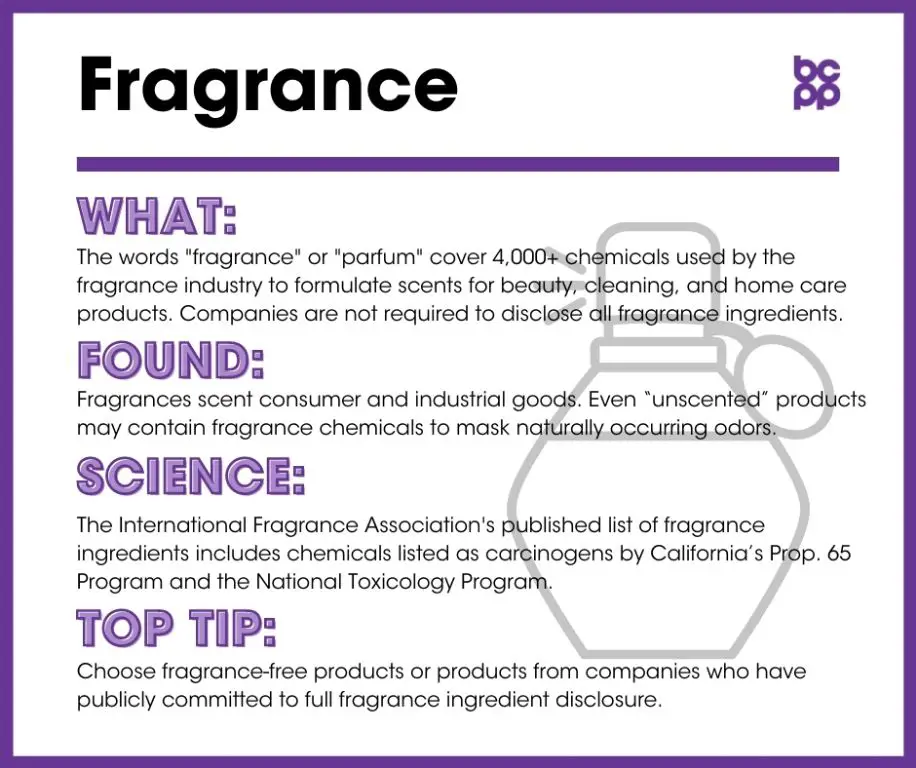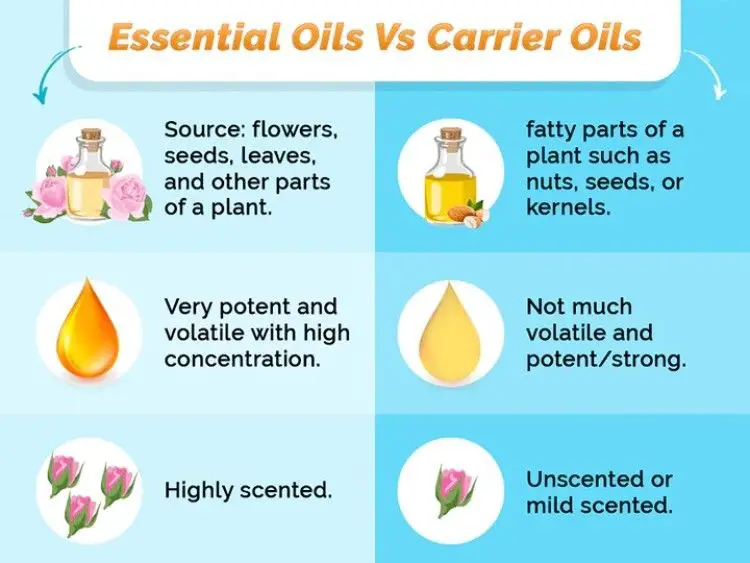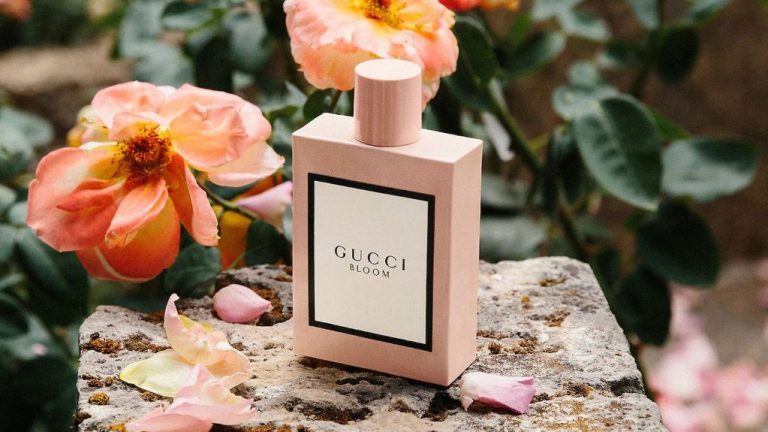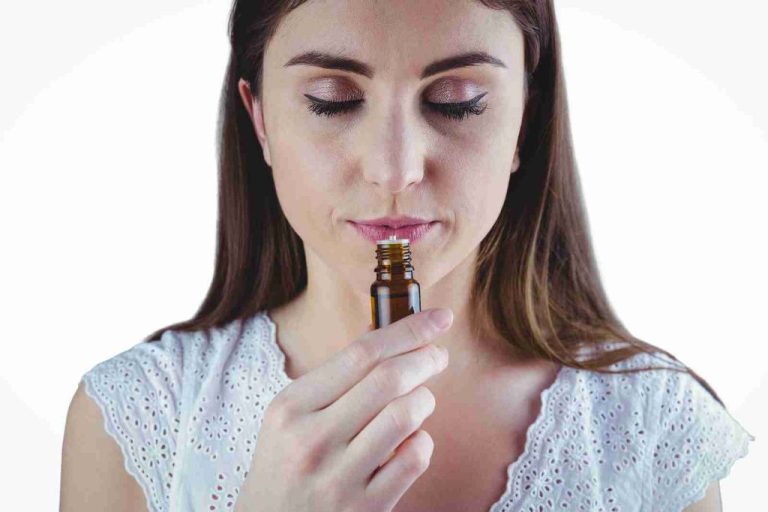Are Premium Grade Fragrance Oils Safe?
Premium grade fragrance oils are higher quality, more concentrated formulations of fragrance oils used in products like candles, soaps, lotions, perfumes and more. According to P&J Trading, a leading fragrance oil manufacturer, their premium fragrances are “highly concentrated, enhanced formulations designed by master perfumers with more than 30 years in the industry.”
These premium oils use higher amounts of essential oils, absolutes, aroma chemicals, fixatives and enfleurage pomades compared to regular fragrance oils. This results in richer, longer lasting and well-rounded scents. The higher oil content also makes them more suitable for products like soy candles, allowing excellent scent throw. However, they cost more than regular grade fragrance oils due to the higher quality ingredients.
Fragrance Oil Grades
There are different grades and classifications of fragrance oils that are commonly used in products like perfumes, cosmetics, candle making, and aromatherapy. Some key grades include:
Premium Grade – This refers to high quality, concentrated fragrance oils that contain a high percentage of aromatic compounds, usually 20-50%. Premium fragrance oils are commonly used in fine fragrances and perfumes. According to The Flaming Candle, premium fragrance oils may be labeled with terms like “perfume grade” or “AAA grade.”
Standard Grade – These fragrance oils have a lower concentration of aromatic compounds, typically 5-20%. Standard grade oils are widely used in cosmetics, personal care products, and home fragrances. They may be described as “cosmetic grade” or “soap grade” oils.
Candle Grade – Candle grade fragrance oils contain 3-5% aromatic compounds. They are diluted with a carrier oil and optimized to be dispersed and burned in candles. Candle grade oils tend to be less expensive.
Therapeutic Grade – This term is sometimes used to describe very high quality essential oils that are carefully tested and suitable for aromatherapy use. However, “therapeutic grade” is not a regulated or standardized term in the essential oil industry (The Flaming Candle).
Ingredients
The main ingredients in premium fragrance oils include a combination of natural and synthetic compounds. Common natural ingredients include essential oils like lavender, lemon, and peppermint extracted from plants. Synthetic ingredients are man-made and can include compounds like linalool, linalyl acetate, benzyl acetate, and eugenol. These synthetic ingredients help replicate natural scents and boost the intensity and longevity of the fragrance oil [1].
Some of the key ingredients found in premium fragrance oils include:
- Essential oils – Provide natural fragrance notes
- Carrier oils – Dilute and extend the scent
- Aldehydes – Provide clean, soapy, fruity notes
- Esters – Give fruity, floral aromas
- Ketones – Add musky, earthy undertones
- Alcohols – Contribute to sweet, floral notes
The exact formula and percentage of each ingredient varies between fragrance oil blends. Reputable manufacturers carefully craft their premium fragrance oil recipes to achieve a desired scent profile and quality.
Safety Concerns
Fragrance oils have become very popular in recent years for use in a wide variety of products, from perfumes and colognes to candles and aromatherapy diffusers. However, there are some potential health risks associated with fragrance oils that consumers should be aware of.

According to a 2022 study, exposure to synthetic fragrances found in personal care and household products is associated with a variety of adverse health effects. These can include skin irritation, headaches, asthma attacks, and endocrine disruption. Fragrance chemicals can enter the body through inhalation, skin absorption, and ingestion.
One key area of concern is respiratory issues caused by breathing in fragrance particles. A number of compounds commonly used in synthetic fragrances have been linked to asthma attacks and breathing difficulties. Those with respiratory conditions like asthma are often advised to avoid strong scents.
Fragrance oils also frequently contain allergens and irritants. Common problematic ingredients include limonene, linalool, eugenol, and coumarin. Contact dermatitis and skin irritation are not uncommon side effects, especially for those with sensitive skin.
Fragrance Allergies and Sensitivity
Fragrance allergy is one of the most common forms of contact allergy. Studies show that 1-3% of the general population is estimated to have fragrance allergy (Caress, 2009). Fragrance sensitivity can cause various symptoms such as rashes, swelling, headaches, and respiratory issues. The prevalence is higher in children and adolescents at around 1.8% (DermNet NZ).
Common fragrance allergens include ingredients like oak moss, tree moss, jasmine, and citrus oils. Synthetic fragrance compounds found in perfumes, cosmetics, and personal care products are frequent causes of skin irritation and contact dermatitis. People with fragrance sensitivity should avoid scented products or look for “fragrance-free” alternatives (Uter, 2017).
While complete fragrance avoidance is difficult, being aware of symptoms and reading ingredient labels carefully can help reduce exposure to irritating fragrances. Air purifiers, frequent laundering, and switching to unscented personal care and household products may also help alleviate symptoms.
Reputable Brands
When choosing premium fragrance oils, it is important to go with reputable brands that use high quality ingredients and follow safety regulations. Some top brands known for their premium fragrance oils include Byredo, Plant Guru, Kuumba Made, Aroma Country, Jo Malone, Diptyque, Le Labo, and Maison Francis Kurkdjian. These brands source high quality essential oils and absolutes to create complex, long-lasting, and safe fragrances. They avoid harmful ingredients and undergo rigorous testing to ensure safety. Their expertise in perfumery allows them to balance notes perfectly. When buying from established brands like these, you can feel confident you are purchasing a premium fragrance oil.
Safety Tips
When using premium fragrance oils, there are some safety tips to keep in mind to prevent any issues. Here are some ways to safely use premium fragrance oils:
- Dilute oils properly – Always dilute fragrance oils with a carrier oil or water before applying to skin or hair. Using oils undiluted can cause irritation.
- Do a skin patch test – Apply diluted oil to a small area of skin first to test for any allergic reaction before broader use.
- Use oils sparingly – Only use a few drops of fragrance oil at a time in diffusers, candles, etc. Using too much can be overwhelming.
- Store properly – Keep fragrance oils in dark, cool areas and tightly closed when not in use.
- Keep away from children & pets – Fragrance oils can be harmful if ingested, so store safely out of reach.
- Ventilate well – When diffusing or burning oils, keep windows open and avoid continuous use in small spaces.
- Read labels – Check labels for any specific usage or cautionary instructions for that particular oil.
Taking proper precautions when using premium fragrance oils can help reduce the risks of allergic reactions or other issues. Following dosage guidelines, doing skin tests, and storing oils properly are key to safe usage.
Dilution
Proper dilution is crucial when using fragrance oils that will come in contact with skin. This helps prevent irritation and other side effects. The general recommendation is to use a maximum 5% dilution for body products like lotions and creams. This means 5 drops of fragrance oil per 100 drops of carrier oil or 1 tsp fragrance oil per 1 oz carrier oil. For leave-on products like body sprays, a 1-3% dilution is recommended which is roughly 3-9 drops per oz. Bath products can use a slightly higher dilution around 5-10% depending on the size of the bath. It’s important to always do a skin patch test, especially with new fragrances, to check for any irritation or allergic reactions before widespread use.
Some resources recommend even lower dilutions like 1-2% for body products and 0.5-1% for facial products to be extra cautious. The maximum safe dilution depends on the specific fragrance oil and the individual’s skin sensitivity. Start low and slowly increase to find the ideal dilution that provides sufficient scent with no adverse effects.
Following proper dilution guidelines can help ensure premium grade fragrance oils are used safely on the skin.
Storage
Proper storage is crucial for preserving fragrance oils and maintaining their scent quality over time. The ideal storage conditions are in a cool, dry place away from direct light and heat sources. Excessive heat, humidity, and light exposure can all accelerate the deterioration of fragrance oils.
The best storage containers are typically dark amber glass bottles which help block light exposure. Tight sealing tops or stoppers should also be used to prevent fragrance evaporation over time. According to From Nature With Love, fragrance oils can be refrigerated if space permits, but it is not necessary.
The Flaming Candle recommends keeping fragrance oils intended for prolonged storage in amber glass containers to minimize potential damage to the oil’s composition. When oils are stored properly, they can maintain their scent for 1-2 years or longer before oxidation effects become noticeable.
Conclusion
In summary, premium grade fragrance oils can be safely used if proper precautions are taken. Some key points regarding the safe use of premium fragrance oils include:
- Purchase from reputable brands that follow safety regulations.
- Always dilute oils properly according to manufacturer’s recommendations.
- Conduct a skin patch test before widespread use to check for allergic reactions.
- Store oils properly in a cool, dark place with tight lids.
- Avoid ingesting or exposing oils to mucous membranes.
- Use good ventilation when working with oils.
- Keep oils out of reach of children and pets.
By carefully following usage and storage guidelines, premium grade fragrance oils can be enjoyed safely. Be sure to research any potential sensitivities and always use high quality oils. With proper precautions, fragrance oils are a safe way to add pleasant scents to a variety of products.



